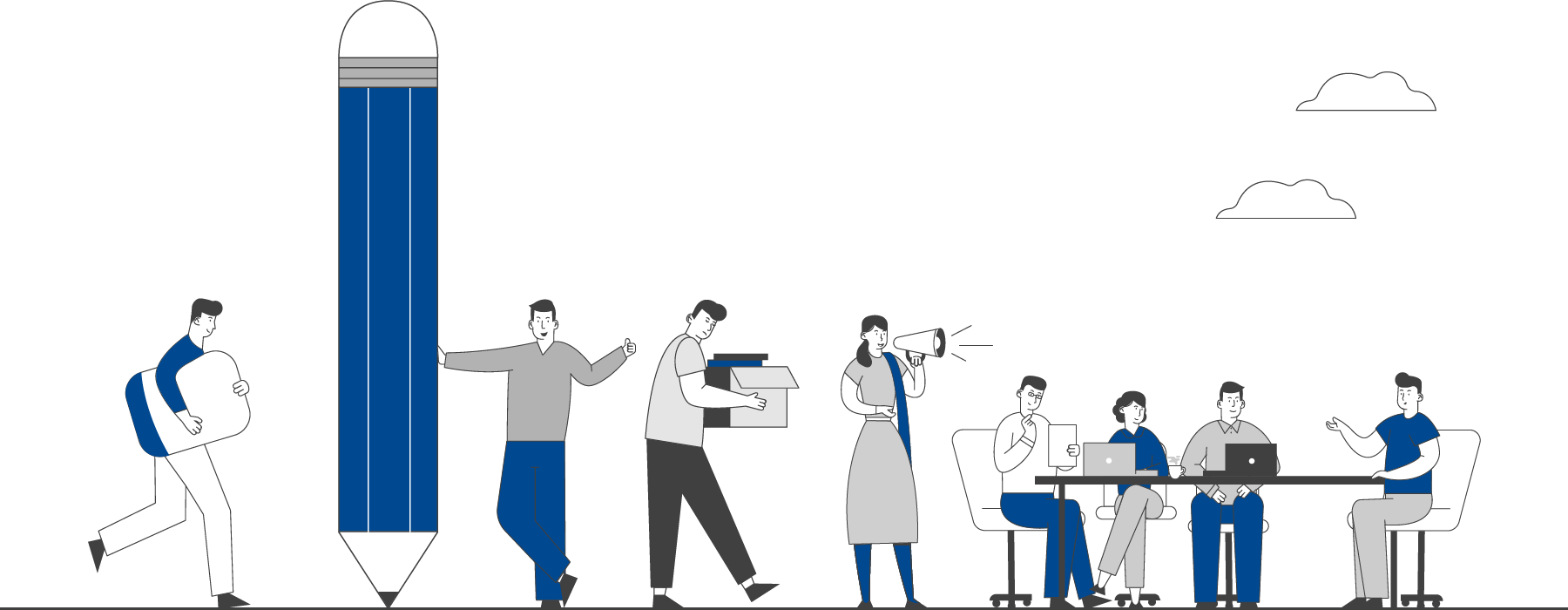

This section presents actionable insights for practitioners from our collaboration of experts.
Analysis
FILTER
BY CATEGORY
View All
Health support is great, but support for nutrition, transport, and social welfare to cope with challenges of COVID-19 is the need of the hour for People living with HIV
21 Jan 2022by Neha Parikh, et al., 2021 10 MIN Read
India is home to 2.1 million people living with HIV, the third-largest in the world. India’s robust national HIV program is a success story globally. While India has been largely on track with global HIV targets of ending HIV by 2030, the unfolding of the COVID-19 pandemic has not only disrupted but threatened the progress made in eliminating HIV. To ensure good health and quality of life, people living with HIV have to be essentially on HIV treatment, antiretroviral therapy, for life long. This makes health services vital for people infected with HIV because untreated HIV, over time, damages the immune system.
People with HIV navigate numerous challenges to access healthcare in India. The lockdown in response to the COVID-19 pandemic presented further challenges in accessing sexual and reproductive health services. The objective of this research was to explore the impact of the pandemic on SRH services, and the depth of disruptions faced by people living with HIV (PLHIV) in accessing treatment. The study was conducted among PLHIV and healthcare practitioners in five states in India—Karnataka (KR), Andhra Pradesh (AP), Telangana, Tamil Nadu, and Maharashtra. A total of 150 participants of which 39 healthcare practitioners shared their experiences of disruptions during the COVID-19 pandemic.
This study explores the effects of COVID-19 with regards to:
- Access to Care
- Social Determinants of Health
- System and Community Resilience
The findings from his study include:
People living with HIV faced difficulty in seeking care due to lack of transportation, and police violence. Those who owned vehicles or used private transport faced harassment from the police while on road. These were in the form of inquisitions, fines, physical, and verbal restraints during the lockdown.
Limited treatment services due to shortage of medicines, testing, staff, and supplies posed a challenge for the HIV community. Medicine availability was a major problem during the initial days of lockdown and this resulted in many PLHIV missing antiretroviral therapy (ART) doses. There was a lack of other supplies like condoms; however, this was soon addressed with the support of CBOs, non-governmental organizations, and ART centers who reached out to PLHIV and delivered medicines and supplies at their doorstep.
Exacerbated fear and stigma lead to hesitancy in seeking care. Most PLHIV reported fear of contracting COVID-19 due to their immunocompromised status. The risk perception was observed higher among PLHIV compared to the general population.
Most PLHIV were aware of the importance of treatment adherence, and the negative consequences, if not continued regularly. This considerably influenced their willingness to take risks, travel long distances, and navigate the restraints of COVID-19 and the subsequent lockdown to ensure they had an adequate supply of medicine.
Quality of care delivered during the COVID-19 lockdown was explored from both - the people living with HIV and the healthcare practitioner's perspectives. While the healthcare practitioners largely focused on how they navigated the challenges and continued providing care despite the hardships, communities provide a mixed perspective on the care they received. Several PLHIV participants reported feeling improved quality of care especially when healthcare practitioners reached out to them over the phone or at their residence for supplies of medicines to provide uninterrupted care services.
The impact of COVID-19 on social determinants of health was observed to have worsened with the loss of employment, causing financial and food crises. Even when PLHIV navigated transport and access difficulties to seek care, systemic issues prevented them from achieving overall health during the pandemic. Most PLHIV reported extensive disruptions with work because of the imposed lockdown. Daily wage earners and small business owners reported inability to work due to mobility issues, while sex workers and transgender persons reported facing problems due to fear among their clients. The pandemic decimated jobs and means of livelihood threatening ill-health and starvation
In the face of COVID-19 pandemic, while the combined effort of support groups and the healthcare system coming together did make the communities resilient and helped them cope with the disruptions to some extent, this study found that some of the respondents expressed concerns that these were not permanent solutions and were unsustainable. To improve access to services, the need for systemic support was felt focused on the allocation of travel funds and policies to make commuting easier for caregivers as well as communities. Another recommendation voiced by multiple providers was the need for systematic planning in terms of effective use of available human resources as well as existing care facilities, staff allocations, and implementing novel techniques to provide a point of care testing for PLHIV.
Related File :
5878642717.pdfCategories
For implementers

 EXPLORE DATA
EXPLORE DATA 



























